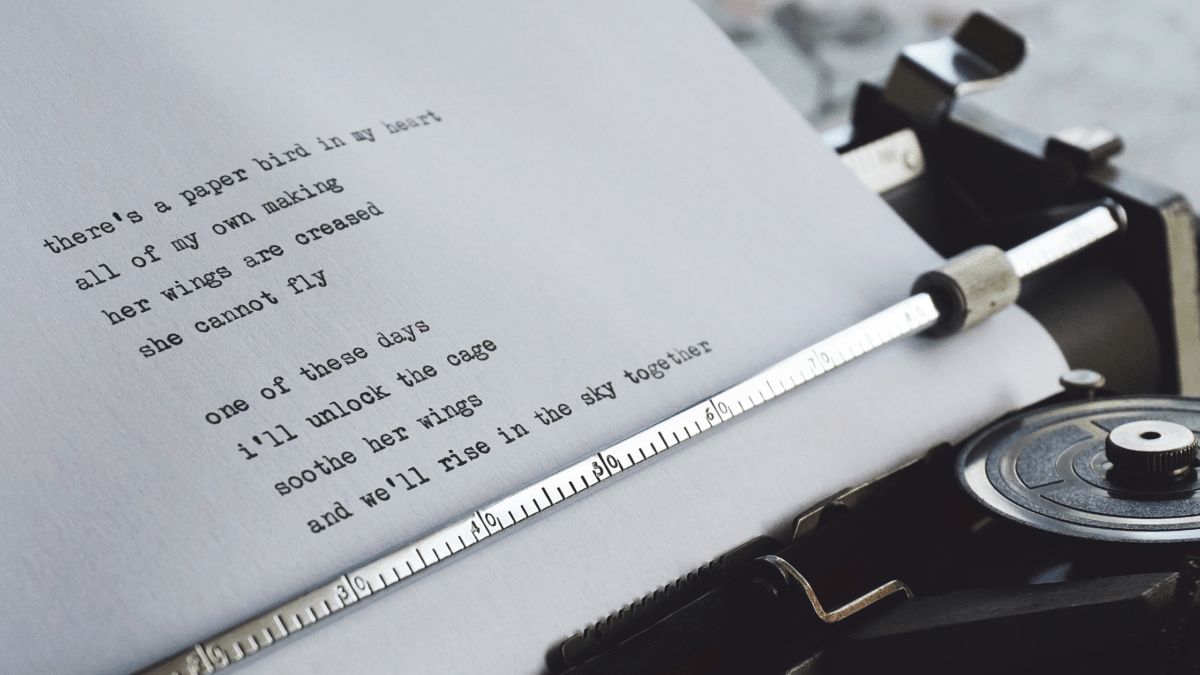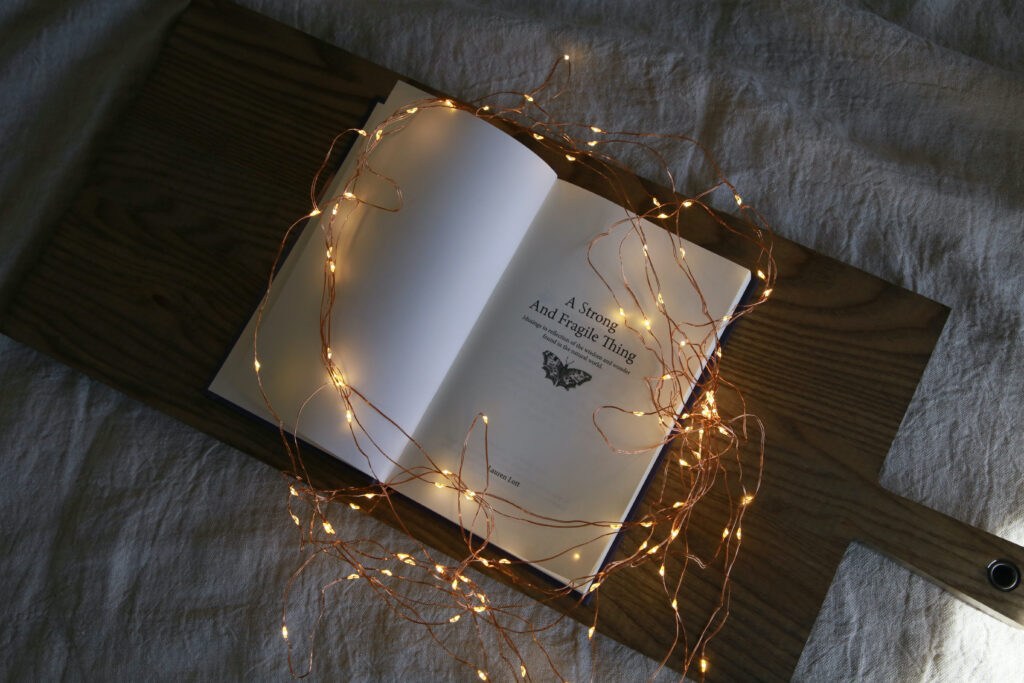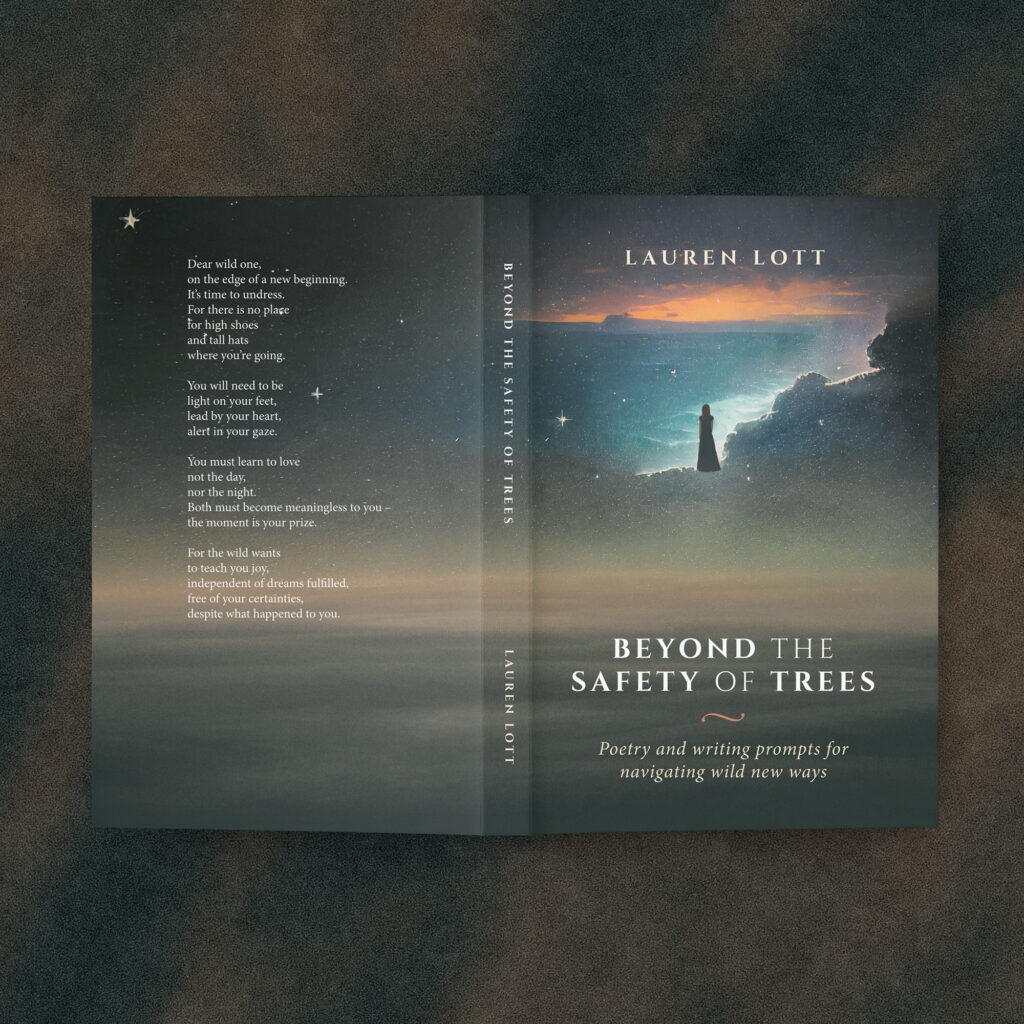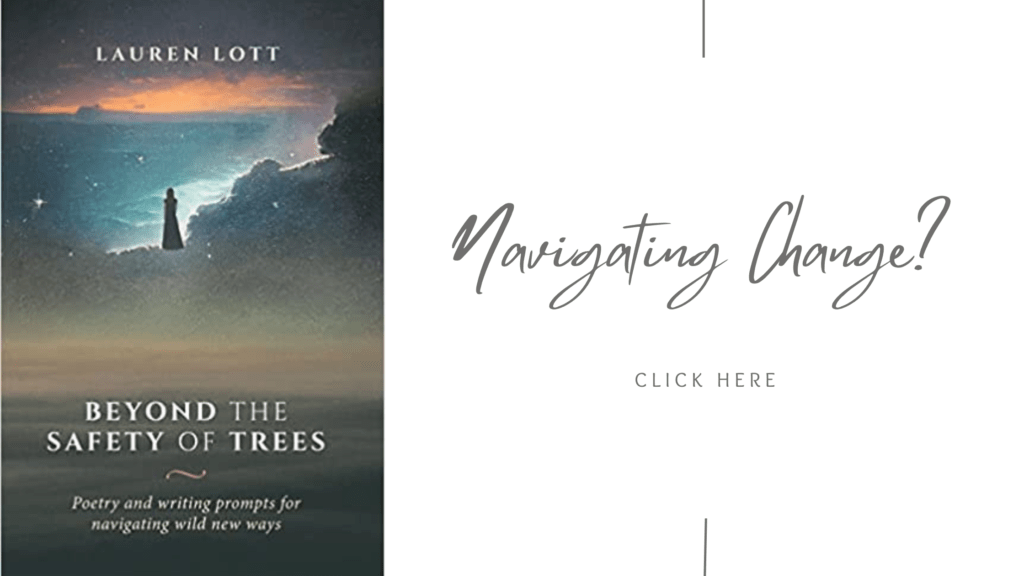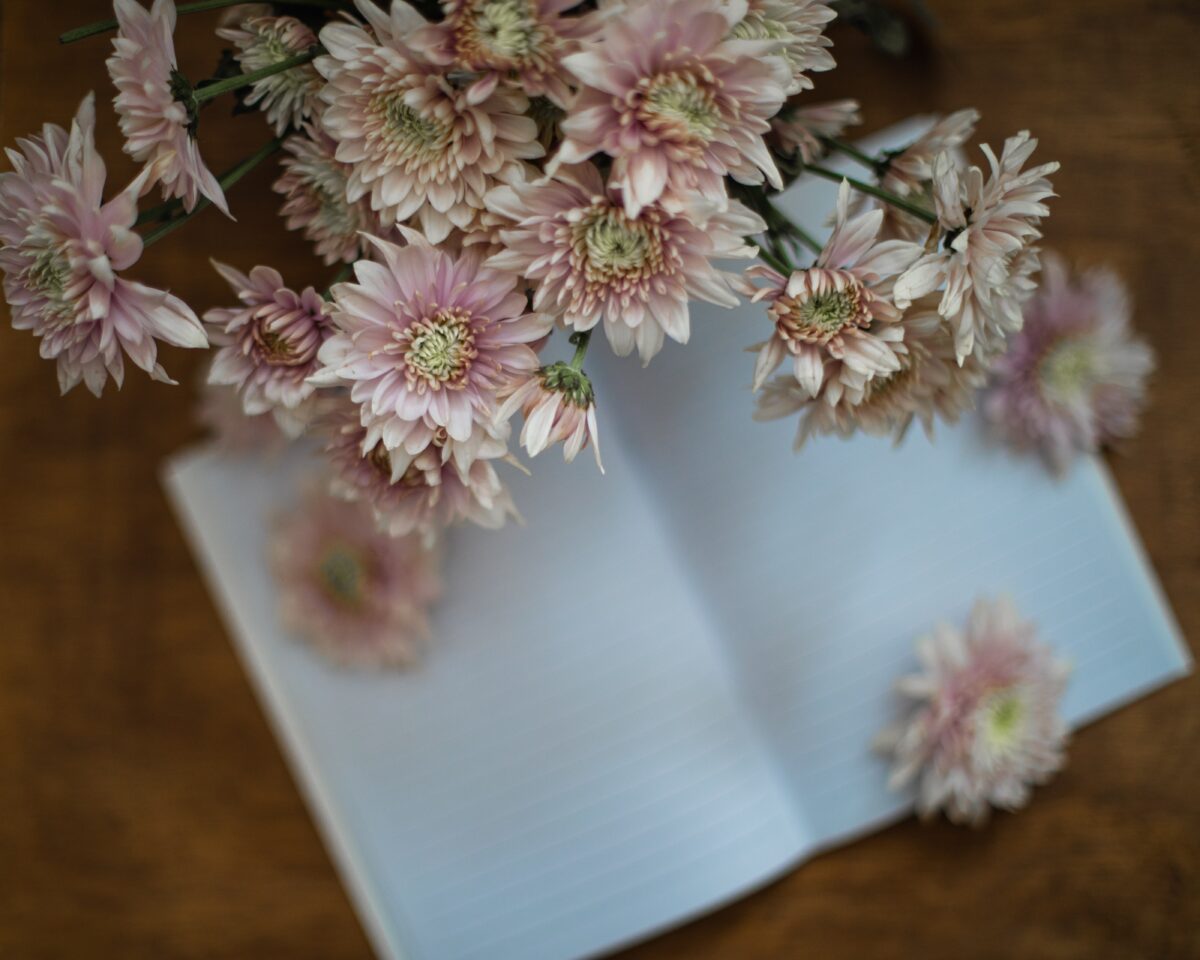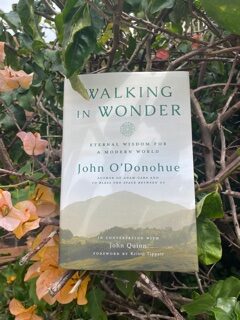Just for fun, I decided to let artificial intelligence pose questions to me about my new book, ‘If You’re Looking for Brightness.’ Here are the questions AI asked (written in bold) and my personal responses:
‘If You’re Looking for Brightness’ explores the deeply resonant theme of finding light. What inspired you to write this collection, and how does the title reflect the themes within your book?”
I think one of the major lessons I’ve learnt over the last five years is that you can find light almost anywhere. When I say light I mean more than just brightness. I mean truth. I mean clarity.
I’ve experienced deep confusion, cognitive dissonance actually, which means I’ve suffered mental discomfort and tension through holding two or more opposing beliefs. For me, this uncertainty was sparked by conflicting ideas about trust. What was being said and what was being shown were inconsistent.
The book’s title is a call to all those who need to find the light in their experience. In it I share the four places where light seems to radiate the most, in love, in pain, in living things and within my own heart.
Are there any poems that hold special significance to you?”
Every piece has a backstory. But if I had to choose one off the top of my head it would be ‘De- (a prefix meaning intensive) Light’. It’s a piece about noting the sublime experiences in our lives and using good memories to illuminate present darkness. Let me share it with you.
‘De- (a prefix meaning intensive) Light’
i.
Love likes to catch us off guard.
ii.
At the age of thirty-something I found myself
singing to a crowd under a mock-up trojan horse
on the edge of the Dardanelles Strait in Turkey.
Ever since that day, I keep asking myself,
‘Did that really happen?’
iii.
I was once crowned
the ‘Queen of Love and Beauty’.
It happened when an actor,
dressed as a knight,
picked me from an arena of contenders
one surreal Saturday at Medieval Times.
iv.
In my teens I wrote to an organisation.
They put my note in their newsletter.
In those days nobody needed permission.
When I received my copy,
I read it continuously; astonished.
My words on their paper.
My thoughts in other heads.
v.
Consider the sublime, moments when
reality feels like a dream, and tell
your tired heart to stay open to surprise.
Your manuscript frequently references light in natural settings. Can you talk about how nature contributes to the healing process described in your poems?”
I grew up in church. I belonged to a ‘twice on sunday and multiple times of week’ kind of family. We were real deal ‘churchies’. Inside the church I found a community that championed me. Encouragement was part of the infrastructure. As a child and teen there was nowhere else I wanted to be. It was my safe place, where I genuinely felt known and loved.
Fast forward to 2015: I’m 37, with three kids, and my husband is an executive pastor who has been working at the same church for 16 years. Suddenly, despite ten years of repeated promises of succession, he was made redundant. This decision was intensely confusing to me and so I sort to respectfully ask questions, to which no one could or cared to answer.
As a result, I started to ask other questions about the church and the doctrine I had been taught. I felt drawn to a more contemplative approach to my faith. Instead of gathering in buildings, attending services, or participating in the routine of church activities, I began seeking spiritual practice elsewhere, mainly because the original practices were triggering and felt disingenuous to observe. I went to beaches, walked through the bush, or sat by the lake and found nature far more healing than singing or sermons.
Could you describe your creative process when writing this book?
Everything I write begins with a seed of resonance—whether it’s a quote, a word, a story, a memory, or an emotion. Once I have that seed, I start writing (with pen and paper), imagining how to convey what I want to say in as few words as possible. I visualise the shape of the piece on the page and how it connects to the themes of the book.
Next, I rewrite the finished poem onto a loose piece of paper, editing as I go. These loose pages are then arranged in a carefully considered order and typed into a Word document for further refinement.
Finally, I format the book in InDesign. Of course, more editing follows until I feel it’s time to set it aside and return with fresh eyes. After a few more tweaks, and when I finally feel ready for the world to see it, I publish.
What impact do you hope ‘If You’re Looking for Brightness’ will have on its readers? Are there specific feelings or revelations you aim to evoke?
I want ‘If You’re Looking for Brightness’ to illuminate the space where readers are. Whether that be in a place of despair, a season of loneliness, a state of disappointment, or a moment of uncertainty.
The subtitle, ‘Finding Light,’ is as clear as I could put it. I want readers to find the light they need or at least by reading where I found it, know where to look in their own lives.
Lastly, what were some of the challenges you faced while writing this book?
Firstly, having to write a lot of “crappy” poems before finding a little gold. The process of sifting through words and drafts felt daunting at times. There is nothing more discouraging than encountering your own incompetence. Every person who seeks to write a book must continue to believe they can write the work that is in heart, even as their own writing insists it is beyond them.
Second, writing about light itself proved tricky. It’s an abstract concept when not referring to its physical properties. I had to find ways to ground those abstract ideas in tangible experiences.
Finally, visiting painful narratives was a real challenge. In the section titled ‘The Light in Pain,’ I had to face my own unresolved questions, especially when those who could have provided answers chose not to. It was difficult to frame a narrative that made sitting with these difficult experiences not only bearable but also illuminating.



